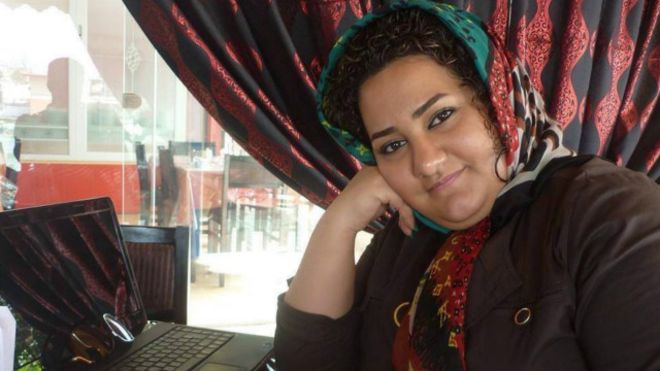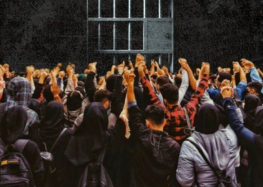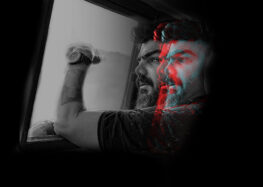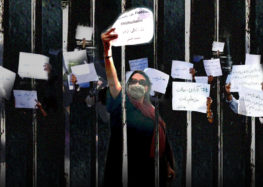Imprisoned Activist Atena Daemi May Have a Debilitating Disease But She’s Being Denied an MRI

Imprisoned civil rights activist Atena Daemi is being denied medical treatment despite possibly suffering from multiple sclerosis (MS), a family member told the Center for Human Rights in Iran (CHRI).
The source, who spoke on condition of anonymity, said Daemi’s diagnosis remains unclear because she is not being allowed to undergo medical tests.
“For a long time, Atena has been having headaches and numbness in her right eye. Initially, in Evin Prison, she was checked several times by the doctor assigned to the prison clinic who told her she has MS. Later on, it was determined that Atena doesn’t have MS,” the source told the Center for Human Rights in Iran (CHRI) on February 25, 2019.
“But when she was taken to Gharchak [prison near the city of Varamin], the prison doctor said she probably does have MS but sometimes it cannot be detected by an MRI in the initial stages,” added the source. “So he prescribed another MRI test but she was never taken to the hospital.”
“Then Atena and Golrokh [Iraee Ebrahimi] were transferred back to Evin and since then no one has been listening that she needs to get an MRI,” said the family member.
The source added: “Ten months ago, a doctor in Gharchak Prison determined that she needs an MRI and she herself believes it’s necessary to see a specialist but it still hasn’t happened.”
The source added that judicial authorities have denied Daemi’s father’s requests for her to get medical attention.
In addition to numbness and severe beaches, Atena is also suffering from high blood pressure, kidney stones and gallbladder problems caused by hunger strikes, the source told CHRI.
Daemi, who turns 31 on March 27, has been behind bars in Iran since November 2016, serving a seven-year prison sentence for meeting the families of political prisoners, criticizing the Islamic Republic of Iran on Facebook, and condemning Iran’s 1988 mass executions of political prisoners.
Political prisoners in Iran including elderly inmates are singled out for harsh treatment, which often includes denial of medical care. The threat of withheld medical care has also been used as an intimidation tool against prisoners who have challenged the authorities or filed complaints.






